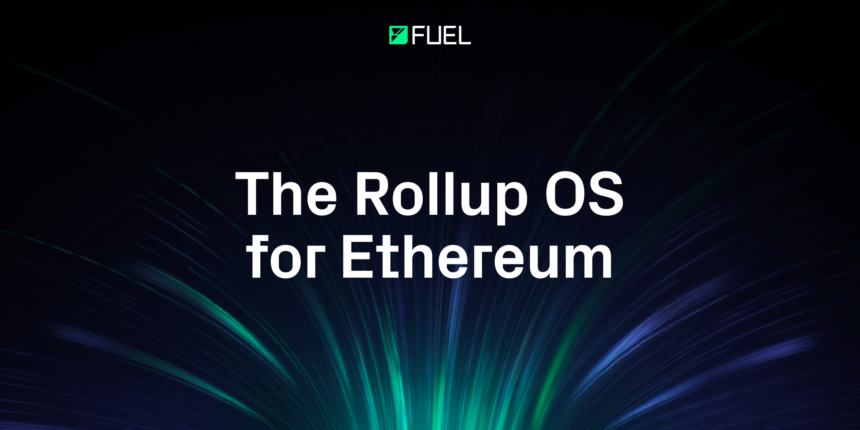Fuel Labs, the creator of the upbeat rollup project Fuel V1, today announced the project’s transformation into the “Rollup OS,” prior to the project’s mainnet release in Q3 2024.
A statement claims that the move to a “operating system” is especially intended to solve serious flaws in the rollup designs on Ethereum that are in use today.
Later this year, Fuel will launch the mainnet. In order to enhance Ethereum rollup performance (made on the platform), Fuel will introduce a specially designed virtual machine that allows for parallel transaction execution, or the processing of numerous transactions at once.
State bloat, or the growing amount of data that needs to be fully maintained and retained by nodes in a blockchain to ensure appropriate chain validation and state transitions, will also be addressed by the project by employing state minimization approaches.
Rollup performance will also be improved with the help of these state minimizing approaches. Fuel asserts that these kinds of offers will enable Fuel-powered rollups to grow, inheriting security at the Ethereum level while preserving the lowest possible node operation overheads.
Nick Dodson, CEO and co-founder of Fuel Labs, stated, “As rollups mature, it’s clear that an operating environment optimized for their unique requirements is a non-negotiable next step. Fuel is that evolution: the ‘Rollup OS’ solves critical bottlenecks, future-proofing both rollup technology and the Ethereum ecosystem.”
The Ethereum Layer 2 ecosystem has been moving more and more in the direction of modularity, enabling rollups and other chains to use different platforms for specific functions like execution, consensus, and data availability.
Fuel Network provides parallel transactions through the FuelVM, an Ethereum Virtual Machine substitute, and a modular execution layer (a blockchain devoted to managing transactions).
Also Read: Kaspersky Discovers macOS Malware Targeting Crypto Wallets







